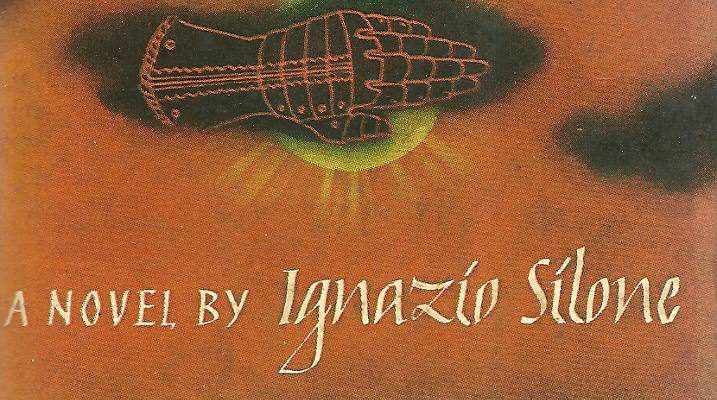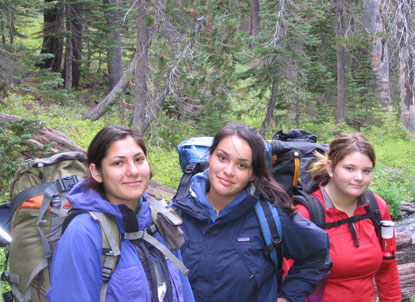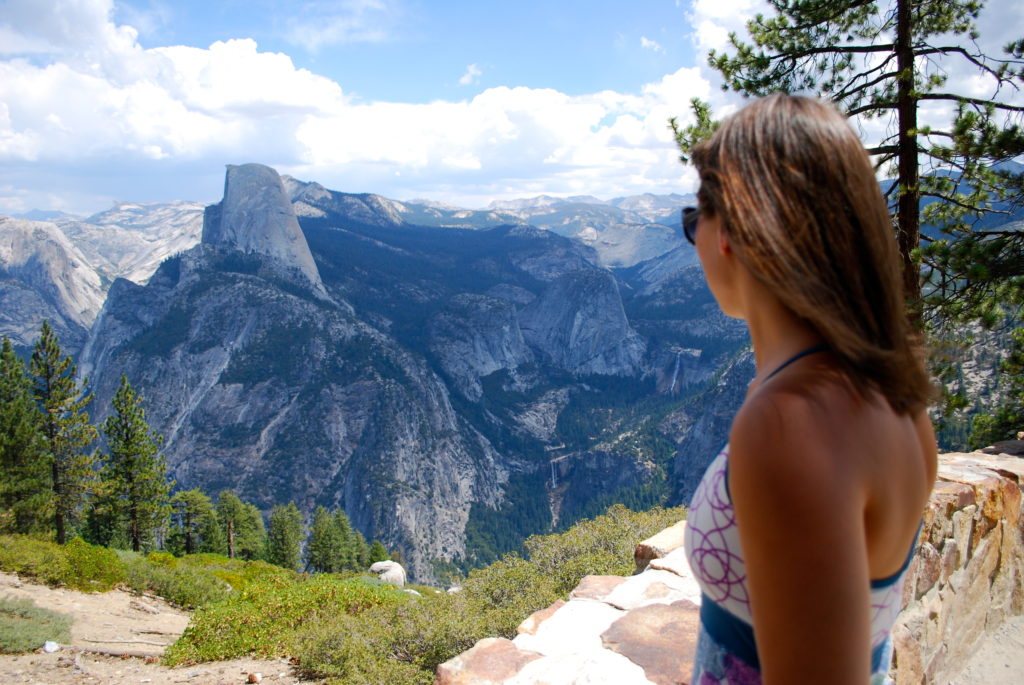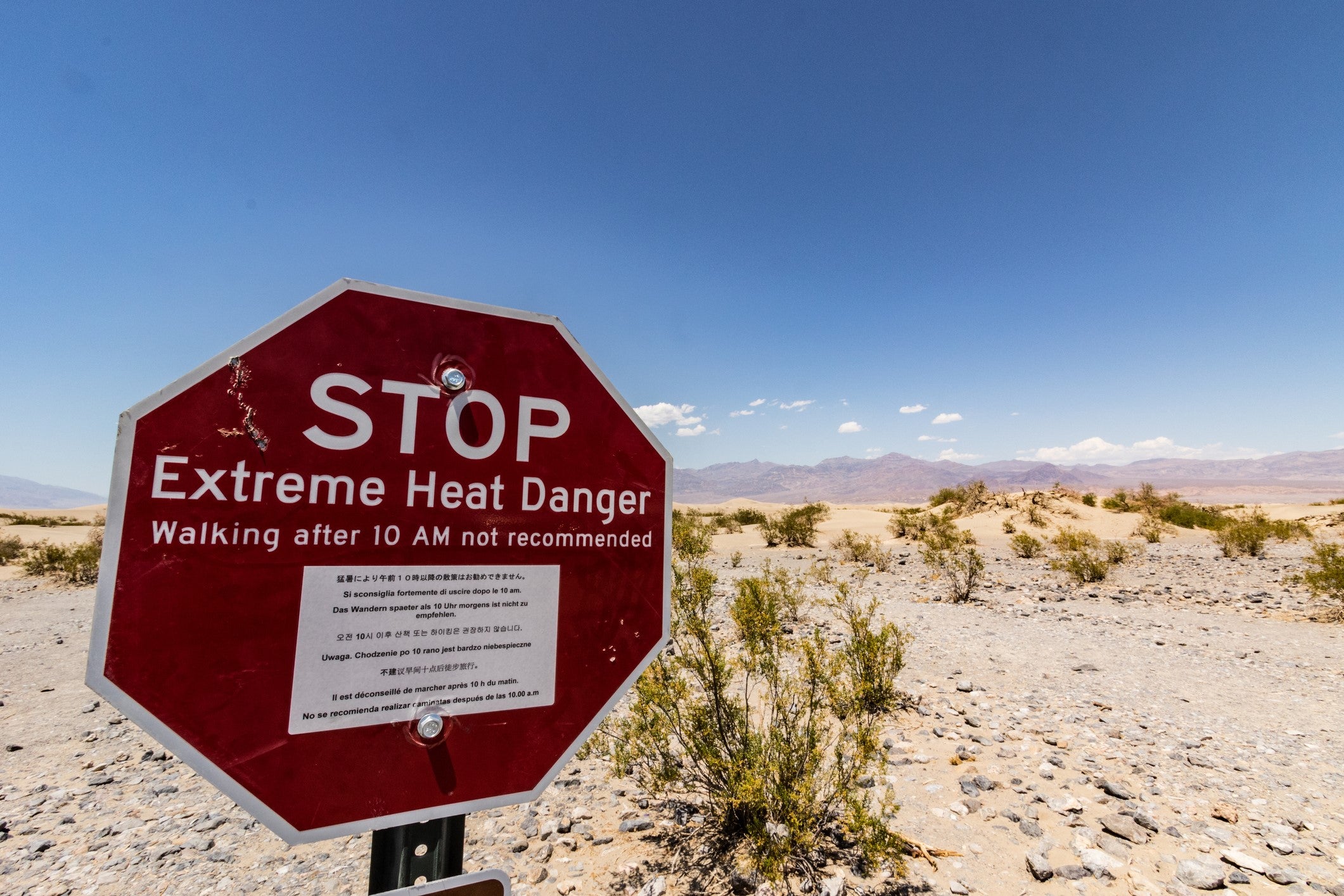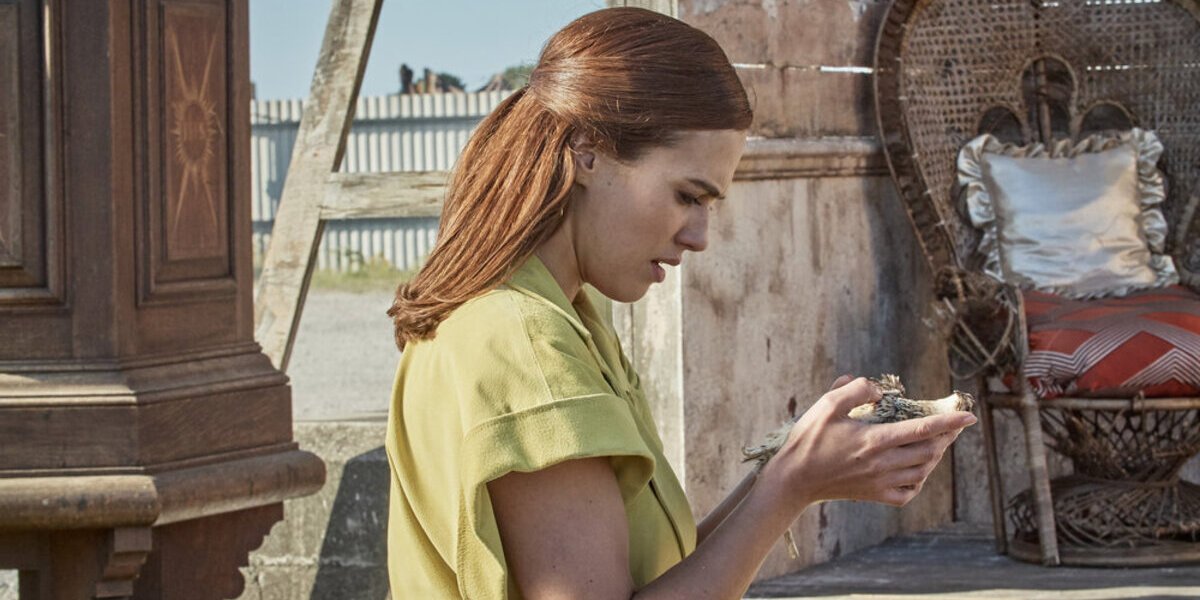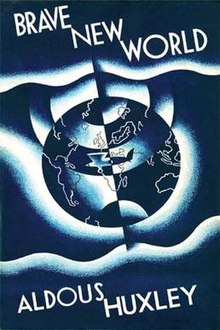"A novel of almost straight antifascist propaganda", says the IWE introduction, "Bread and Wine was written while its author was living in exile from Fascist Italy. Silone's preoccupation with his message did not reduce the quality of the novel, which is generally considered a major work and his best. The English title is a literal rendering of the Italian, Pano e Vino."
I have never in my lifetime known anyone to read this book or ever come across an edition of it printed after about 1960, but I thought it was quite good, thoughtful, artfully constructed, dense, and highly atmospheric. The protagonist is an active communist who has secretly returned to Mussolini's Italy to agitate against the Fascists, who in several places openly and unfortunately extols the current state of the Soviet Union at the exact time when it was probably at its most hell-holish, though it is not entirely clear that this represents the author's true sentiment (ed--probably not, since he denounced Stalin in 1930), particularly as the character later undergoes some disillusionment with regard to his political fervor, though he does not become a conservative or even completely break with his prior allegiances. Silone re-wrote portions of the book for an updated edition in the 1950s, to, as he said in a Note on the Revision, remove "secondary elements and affairs of only contemporary concern." I don't know which particular events he was referring to, but I do not recall any such incidents in the book that were so obscure or trivial so as to lack any interest for the reader. Also I have found with almost all the books I have encountered that the author felt the need to revise several decades after the original publication that the later revision was far the inferior version, so I made sure to get a copy of the earlier 1937 version when it was time for me to read it.
p. 21 "My dear Piccrilli, you can teach me many things, for example the art of making a career, but I was your master in philology, your master in the science of words, and I am not afraid of them."
The book opens with a couple of men in their mid-30s going back to visit their old teacher, which is a common theme, but one that I always like. It has an added weight in this instance since the characters in the book graduated around the time of the end of the first world war, and their years of making their way in the world were difficult ones, coinciding with the Fascist takeover of Italy and the choices that that imposed upon everyone in that generation, with an emphasis in this instance on those had been fortunate enough to receive some education. The first pair of characters introduced had chosen to acclimate themselves to the regime in order to get along in life, and thus maintained, with a seeming additional armor of arrogance, comfortable positions in society.
p. 72 "It was a face of ancient race, imbued with subtle despair, conscious of the futility of vulgar things." This is a description of a young woman. Wouldn't you like to meet such a person at some point in your travels through life?
p. 142 "The street names extolled episodes and dates in the history of the government party as though they were momentous events. The heroic slogans of the dominant party were to be seen in large letters on the housefronts, the fountains, the trees, the garden gates." The poor middle class people. Nothing like what is going on now, of course. Those displays are sincere, and necessary (!)
p. 145 "On January 19, 1923, (I do not know why I remember that date, but I can't get it out of my head) a squad of regenerators invaded the house of the man who was then the head of the league at Rivisondali. They bound him, and all twenty-two of them raped his wife. It took from eleven o'clock at night until two o'clock in the morning. An incident." I usually don't quote these kind of gruesome parts, but I think it's important to remind myself, if no one else, that if severe political upheaval of this type starts here, and I increasingly do not like what I am seeing, that it's not all going to be posturing and insulting and fun and games like in college or on the internet.
The Italian setting provides for a quality of timelessness like nothing else in Western literature (or the other arts), almost regardless of subject matter and milieu.
p. 163 "The bed was teeming with bugs and fleas. They pounced greedily on Spina's flesh, which was fresher than his host's." I thought it was a good line.
p. 170 "The bell rang and a smart, perfumed young woman came in, with her arms full of marmalade-jars, boxes of biscuits, several bottles, and a large bouquet of red roses. She was a fair and voluptuous Dutch girl...Spina (ed--not the object of the visit) discreetly retired into the tiny bathroom...and settled down to spend the night in it. Suspicious noises soon began coming from the neighboring room, where the bed seemed to be moving backwards and forwards on its rollers as though an earthquake were in progress. Spina did what he could to shut his ears to what was happening, particularly to the whimpering cries of the Dutch girl and Fleet-foot's ferocious roars, which continued, with only brief interruptions, all night long." I put this in to remind myself of the ultimate end and meaning of all this reading, which is nothing.
p. 172 "The peasants accept the dictatorship, not because they are convinced of its propaganda, but because the dictatorship is a fact. As long as the peasants have to choose between facts and words, they will always abide by the facts, even if they are evil facts."
p. 174 This is Spina's disillusioned fellow communist revolutionary Uliva. Uliva is the man when it comes to jarring and organized thought, though doomed and physically shot as a result of his lifestyle by age 35. I wish I could expostulate like him on Twitter. "Hunger itself has been bureaucratized. There's the official kind that gives you the right to state soup, and the unofficial kind that gives you the right to throw yourself into the Tiber...We shall have a so-called economic revolution, thanks to which we shall have state bread, state boots and shoes, state shirts and pants, state potatoes and state green peas, just as we now have state railways, state quinine, state salt, state matches, and state tobacco. Will that be a technical advance? Certainly it will. But it will be the basis of an official, compulsory doctrine, a totalitarian orthodoxy which will use every means, from the cinema to terrorism, to extirpate heresy and tyrannize over individual thought."
p. 175 "'Uliva, you're raving,' said Spina." They always say this.
p. 176 Uliva again like an internet genius. "Thus every new idea ends by becoming invariably fixed, inflexible, parasitical, and reactionary. And if it becomes the official doctrine of the state, no escape is possible. A carpenter or a laborer can perhaps adapt himself even to a regime of totalitarian orthodoxy, and eat, digest, procreate in peace; but for an intellectual there is no escape. He must either bend the knee and enter the ranks of the dominant clerks, or resign himself to hunger and defamation and be killed off at the first favorable opportunity."
I guess this part resonated with me at the time.
This book is only 319 pages, but the story feels bigger. A lot happens in it.
p. 177-8 Uliva's failure speech. I have to include that. "My father died of drink at the age of forty-nine...A few weeks before he died he sent for me one evening and told me the story of his life, his failure. First he described his father's death--that is, my grandfather's. 'I die a poor and disappointed old man,' my father's father said, 'but I rely on you to realize all my hopes. May you have from life what I have not had.' When my father felt his own death approaching, he repeated my grandfather's words. 'I, too, my son, die a poor and disappointed man, but my hopes live in you. May you have from life what I have not had.' Thus illusions, like debts, are passed on from generation to generation. I am now thirty-five years old, and I am where my father and grandfather were. I, too, a failure, and my wife expecting a child. But I am not stupid enough to believe that my son may get from life what I did not get. I know that he will not be able to escape the same destiny. He will either die of hunger or become a state employee, which is worse."
p. 198 At the gathering of the populace--mainly peasants--in the central square for the announcement of Mussolini's infamous declaration of war on Ethiopia in 1935. "Each man was ready to come because his neighbor was. Should the war bring misfortune, it would be misfortune for all, and therefore only half misfortune. But should it bring fortune, one would have to secure one's share in it."
p. 203 "In the Land of Propaganda everything is presented as being indisputably self-evident. The poor people in the street were caught in the Land of Propaganda like fishes in a net. There was little to understand." I feel like half of such education as I received was warning us against falling for this kind of manipulation, and now I'm fifty (51 actually) and our entire lives interacting with media and culture and authorities are blatant manipulation that is completely and irrepressibly dominant. I think it is such a humiliation for all of us in my generation, we are failing our test here.
p. 204 "Everyone within the net of Propaganda sought a little security for himself. Everyone sought recommendations, influence, and that was all that mattered. What the Propaganda said was only of secondary importance. It was therefore useless to attempt to refute it; it was useless trying to discuss it."
p. 208 In the aftermath of the military announcement/rally. "Twice he went back to the Villa delle Stagioni, and on both occasions he could distinguish the underwear of Zabaglione's daughters among the straw and the grass." I had to. I still don't have the time or money to undergo the high end therapy I need to be able to deal with such passages. Zabaglione is a moderately ambitious, pretty well educated middle class man, perhaps a lawyer, I forget, who flirted with communism and opposing the government but after receiving a scare from the authorities has signs with all the approved slogans in his yard and gives speeches enthusiastically supporting the government's policies. His daughters willingly submitting to being ravished by the regime's soldiers is a crude, but for the likes of me anyway, an effective symbol.
Like the 30s novels of George Orwell and the World War II Italy-set novel A Bell For Adano which I wrote about here a few years ago, this book was written almost contemporaneously with the historical events which take place in it, namely the ramping up of the Abyssinian war. The full extent of the calamity that was ever growing during the period that ensued upon this atrocity was as yet unknown at the time this was written, but it is certainly portended.
p. 248 "Intrabit ut vulpis, regnabit ut leo, morietur ut canis. He will come in like a fox, reign like a lion, and die like a dog." This was prescient in the case of Mussolini.
As a teenager the lesson I would have taken away from this book is that being successful in one's career almost inevitable meant compromising with evil, etc. But if you don't have any principles or powers of persuasion, or ideas or force, but are just an ineffective blob, even if you are wary of the official (and presumably false) messages, does it even matter anyway?
p. 285 "As long as the mountain is poor, it is ours," the shepherd explained. "But if it is discovered to be rich, the government will take it. The government has one very long arm and one very short one. The long one is for taking, and reaches everywhere, and the short one is for giving, but it only reaches those who are nearest."
p. 290 "...in the last resort the relations established among men are dictated by necessity and not by good will or bad. Moral preaching did not suffice to change them. But there came a moment when certain social relations revealed themselves as outworn and harmful. Morality then condemned what had already been condemned by history."
p. 291 "He showed the sign of love on the nape of the beast's neck, the deep bite of a she-wolf. The love-making of wolves is a serious thing." Wolves and Italy, you know. There's a decent amount of wolf references and symbolism is this which to the casually educated student trying to read it maybe jerks his brain to some alertness and makes him feel that the story has more elements and heft to it that may otherwise have eluded him.
p. 295 "The church is constipated." Silone, I would presume, suffers from the typical modern dilemma with regard to the church. He can't believe in the religion as one would have to, and he knows that as an institution in the world it has grown hollow and disappointing and decrepit, but that without it there is as yet nothing that comes near to filling the void left in the human soul. But I have to end the post here, or I'll have to hold it over the weekend, and I'm ready to be done with it.
The Bourgeois Surrender Challenge
1. Madeleine Albright--Fascism: A Warning......................................................1,770
2. Paolo Bacigalupi--The Windup Girl................................................................1,256
3. Jonah Goldberg--Liberal Fascism...................................................................1,101
4. Bright & Fredd--The Way Home For Wolf.........................................................728
5. Graham Greene--The Power and the Glory.......................................................608
6. Roget's Thesaurus of English Words and Phrases.............................................317
7. Paolo Bacigalupi--The Drowned Cities.............................................................300
8. Ahmet Alton--I Will Never See the World Again...............................................240
9. Christine Golden--Warcraft: Lord of the Clans.................................................205
10. Paolo Bacigalupi--Tool of War.........................................................................153
11. Sheila Wray Gregoire--9 Thoughts That Can Change Your Marriage............126
12. Paolo Bacigalupi--The Tangled Lands...............................................................66
13. Francis Bacon--The Essayes, or Counsells, Civill & Morall.............................50
14. Keeling & Andrew--Wine From Another Galaxy..............................................50
15. Courtney Brown--Cosmic Voyage......................................................................50
16. Federico Finchelstein--From Fascism to Populism in History...........................28
Fascism, everybody's favorite political term to hurl at their enemies, it can be seen was a big theme in this edition of the Challenge.
Round of 16
#1 Albright over #16 Finchelstein
This was not a walkover, and indeed I suspect that Finchelstein's is probably the more serious, and certainly the more intense, book, though his biography and scholarly oeuvre indicate that he might be a (very) angry leftist type. Despite being the #1 seed, Albright also came into the tournament with an upset to tip one matchup her way that was close or not in her favor, so that comes into play here.
#15 Brown over #2 Bacigalupi
I wasn't too psyched about either of these books, which are both in the science fiction realm, though Brown's apparently claims to offer proof of extraterrestrial visitors to Earth itself. I'll give Brown the win since he's 300 pages shorter and Bacigalupi is dominating this field with three other entries in the tournament.
#3 Goldberg over #14 Keeling & Andrew
I know this Goldberg book is (probably) stupid but it has some upset tokens and the other book does not.
#13 Bacon over #4 Bright & Fredd
The Way Home For Wolf is a children's picture book. Francis Bacon is, well, Francis Bacon. My friends, we know Francis Bacon. All my favorite girlfriends know him too. All of them. Maybe this gives a hint into why I was never very successful at dating.
#5 Greene over #12 Bacigalupi
#11 Gregoire over #6 Roget
I believe this is the 2nd or 3rd time Roget has qualified for the tournament. He is eligible, and I can't keep him out, but it's always going to be a longshot for him to win a game.
#7 Drowned Cities over #10 Tool of War
Bacigalupi does advance one book to the final 8 by beating himself.
#9 Golden over #8 Altan
This is obviously another upset. This Ahmet Altan book is subtitled The Memoir of an Imprisoned Writer, the manuscript being smuggled out of Turkey, where the author, an acclaimed novelist and journalist in that country as well as abroad, is, as far as I can make out, serving a life sentence for opposition to the Erdogan regime. I hadn't quite realized this at the time of his qualifying, I feel rather guilty about not reading his book, since the consensus is that he has done nothing to be imprisoned other than oppose the regime while I suppose wielding a certain amount of influence. We are still against that sort of thing in this country, even with regard to our enemies, I think.
Quarterfinals
#1 Albright over #15 Brown
Both of these are probably kooky in their own ways. There is I suppose somewhat more of a chance of reading something useful or informative in the Albright book.
#3 Goldberg over #13 Bacon
He's got an upset in the hole over the great Bacon, who will no doubt return.
#5 Greene over #11 Gregoire
#7 Bacigalupi over #9 Golden
Based on nothing, except that I have the impression that the Bacigalupi has more of a resemblance to a real book.
Final Four
#1 Albright over #7 Bacigalupi
After a pretty tough 1st round, Albright has had a waltz into the finals.
#5 Greene over #3 Goldberg
Finally.
Championship
#5 Greene over #1 Albright
A no-brainer. This book is short, a classic, not on any of my current lists, I haven't read it, I like Graham Greene, and I haven't read anything by him in 10-15 years. It's the perfect book for this competition.



